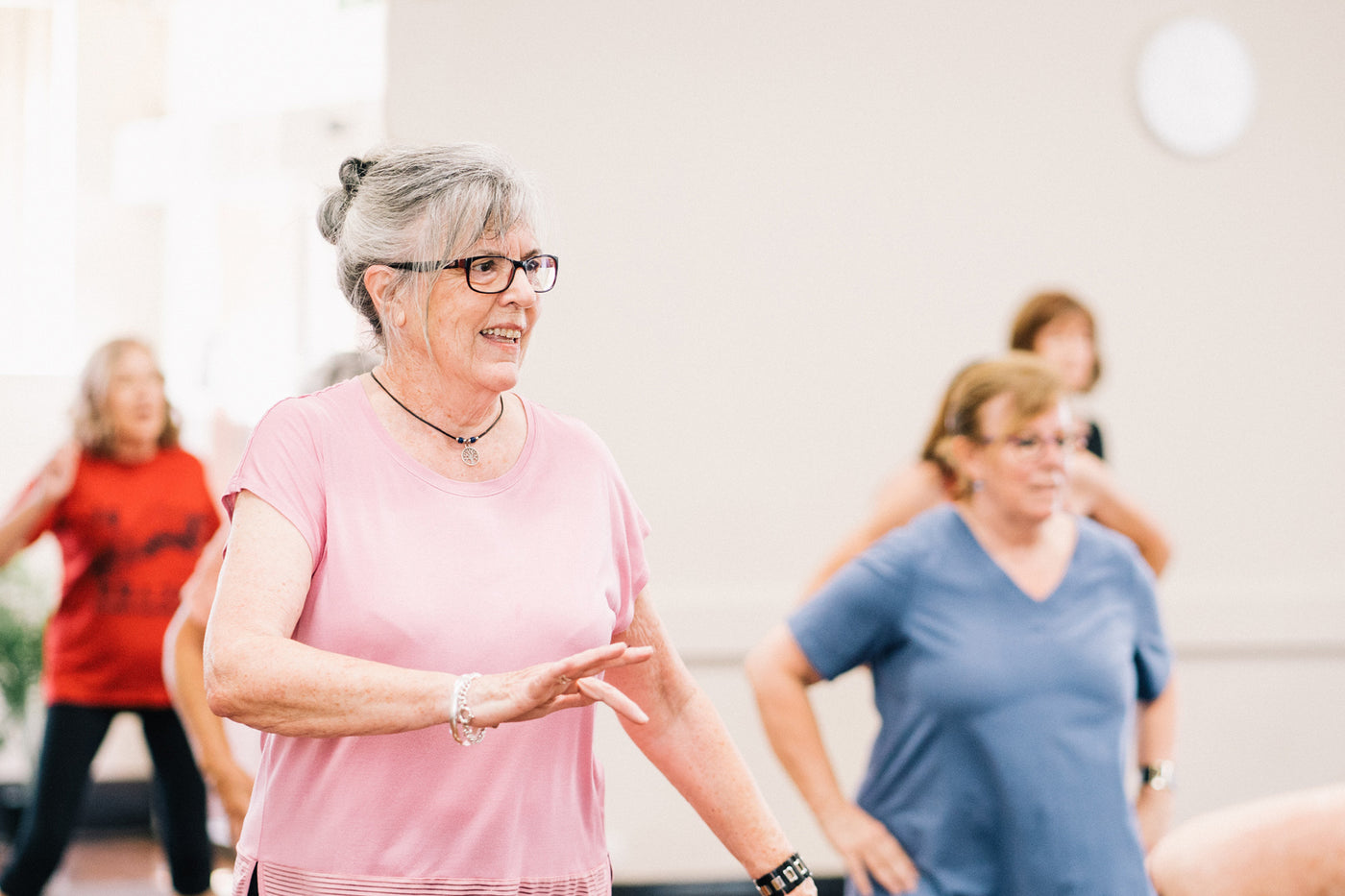
In the realm of senior care, a harmonious approach to promoting well-being emerges through the transformative power of music therapy. The rhythmic melodies and soothing harmonies have the potential to positively impact the lives of older adults on multiple levels. This article delves into the diverse ways in which music therapy can enhance the lives of senior citizens. From emotional and cognitive stimulation to physical rehabilitation and social engagement, music therapy serves as a dynamic and holistic modality that nurtures the well-being of seniors.
1. Emotional Resonance and Psychological Well-being:
- Elevation of Mood: Music possesses an extraordinary ability to uplift spirits and evoke a range of emotions. Through music therapy, senior citizens can experience mood elevation, finding solace, joy, and relief from stress, anxiety, and depression.
- Emotional Expression: Music therapy provides an avenue for seniors to express and process their emotions. Whether through singing, playing instruments, or engaging in improvisation, older adults can explore their feelings in a safe and non-judgmental environment.
2. Cognitive Stimulation and Memory Enhancement:
- Cognitive Engagement: Music therapy engages multiple cognitive functions, including attention, memory, and executive skills. Participating in musical activities such as rhythm exercises, learning to play instruments, or singing promotes mental agility and stimulates neural pathways.
- Memory Recall and Reminiscence: Music has the remarkable ability to trigger memories and evoke strong emotional responses. For seniors with cognitive impairments, music therapy can facilitate memory recall and foster connections to personal histories, promoting cognitive stimulation and preserving a sense of identity.
3. Physical Rehabilitation and Pain Management:
- Motor Skill Development: Engaging in music therapy activities that involve movement, such as dancing or playing percussion instruments, enhances coordination, balance, and fine motor skills. Seniors can improve their physical capabilities and regain confidence in their motor abilities.
- Pain Reduction: Music therapy offers a non-pharmacological approach to pain management. By diverting attention, promoting relaxation, and releasing endorphins, music can alleviate discomfort and improve seniors' overall well-being.
4. Social Connection and Engagement:
- Group Cohesion: Music therapy provides a platform for social interaction and connection. Group singing, drum circles, and ensemble performances foster a sense of belonging and camaraderie among senior participants, reducing feelings of isolation and loneliness.
- Intergenerational Bonding: Music transcends age barriers, creating opportunities for intergenerational engagement. Collaborative musical experiences with younger generations, such as joint performances or music-based projects, promote understanding, empathy, and mutual appreciation.
5. Personalized Approaches and Therapeutic Techniques:
- Individualized Interventions: Music therapy is tailored to the unique needs and preferences of each senior participant. Therapists work closely with individuals to design personalized interventions that address specific goals, abilities, and challenges.
- Therapeutic Modalities: Music therapy encompasses a range of techniques, including receptive listening, active music-making, lyric analysis, and songwriting. These modalities allow seniors to engage with music in ways that resonate with their individual experiences and facilitate personal growth.
6. Sustained Benefits and Lifelong Engagement:
- Continuity in Daily Life: The impact of music therapy can extend beyond therapy sessions into daily life. Seniors can create personalized playlists, engage in music-related hobbies, or attend community musical events, incorporating music as a source of joy and relaxation in their everyday routines.
- Lifelong Learning: Music therapy nurtures a spirit of lifelong learning and curiosity. Seniors can embark on musical journeys, learn to play new instruments, explore diverse genres, or join choirs or community ensembles, fostering continuous personal growth and engagement.
Music therapy unlocks a world of possibilities for senior citizens, harnessing the therapeutic potential of melodies and rhythms. From emotional well-being and cognitive stimulation to physical rehabilitation and social connection, music therapy enriches the lives of older adults in profound ways. By embracing the melodies of wellness, seniors can experience the transformative power of music, leading to enhanced overall well-being, a renewed sense of self, and a harmonious journey through their golden years.

 1-800-916-0138
1-800-916-0138